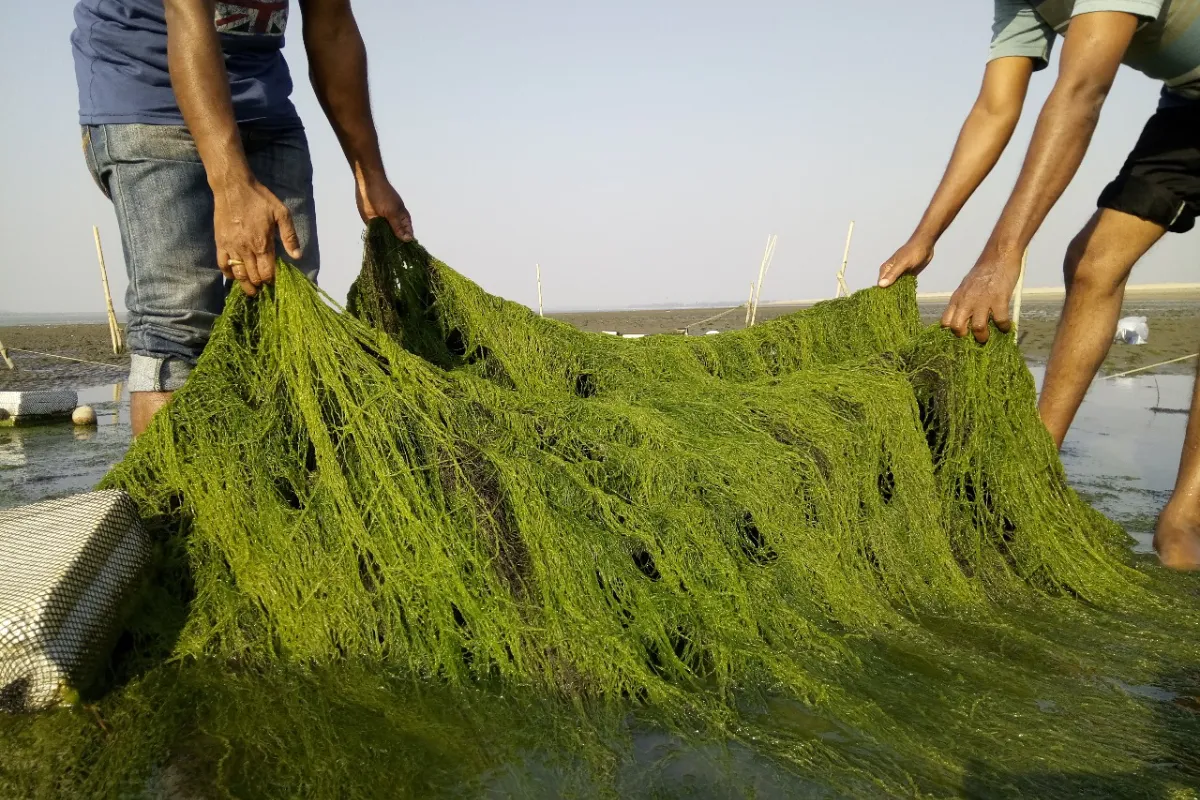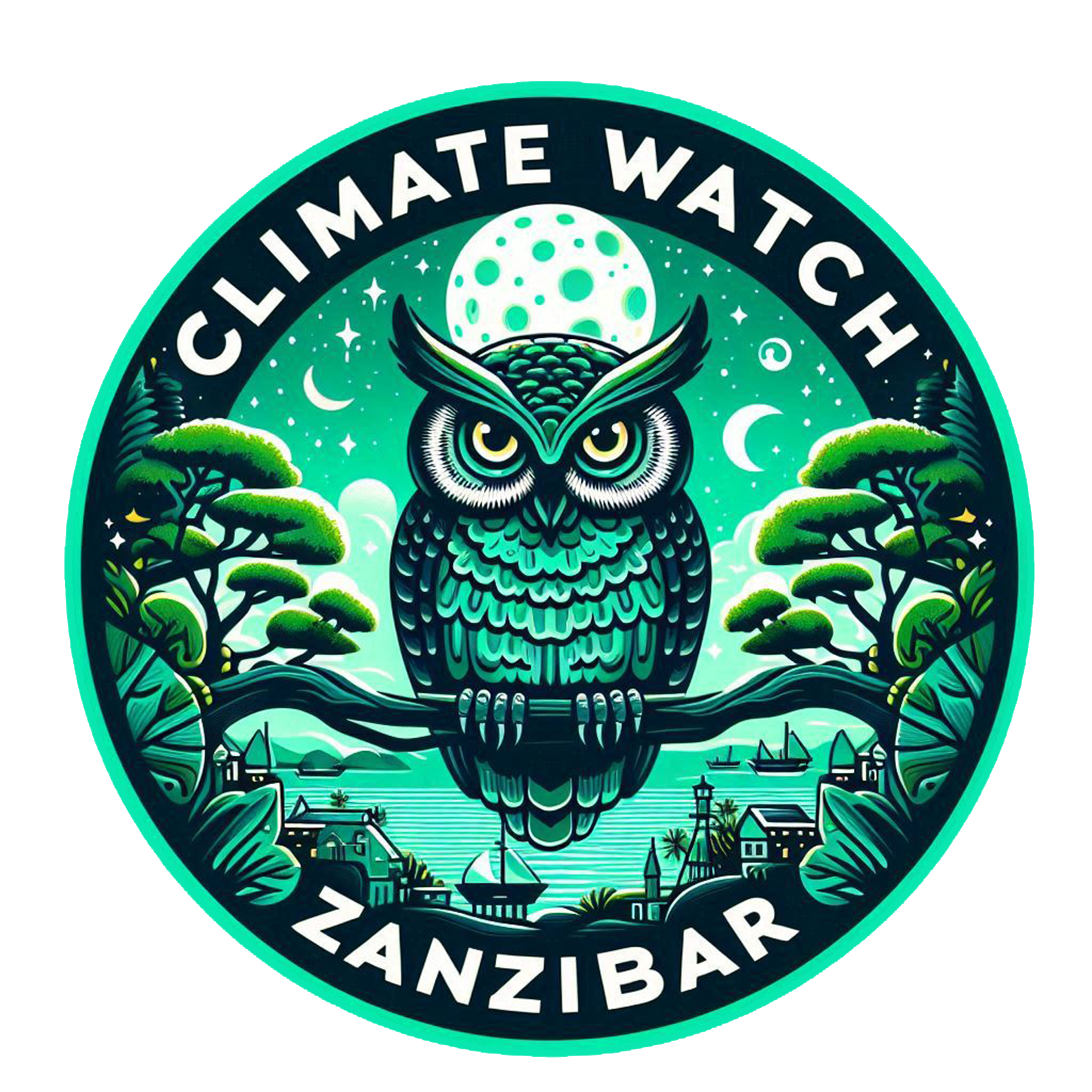
Threats To Spices & Seaweed Farming In Zanzibar
Spice and seaweed farming are critical to Zanzibar’s economy and livelihoods, especially for women and rural communities. However, both sectors face several environmental, social, and economic threats. Here's an overview of the key threats to each:
Spices like cloves, cinnamon, nutmeg, and black pepper are key cash crops in Zanzibar. However, the sector faces the following threats:
01
Climate Change
- Unpredictable Rainfall: Changes in rainfall patterns affect flowering and fruiting.
- Droughts and Flooding: Extreme weather events damage crops and reduce yields.
02
Soil Degradation
- Overuse of land and poor farming practices lead to soil nutrient depletion, erosion, and lower productivity.
03
Pests and Diseases
- Increasing pest infestations and plant diseases—exacerbated by warming temperatures—threaten crop health.
04
Market Access & Pricing
- Farmers often face unstable global prices and limited bargaining power.
- Lack of value addition means they earn little from raw spice exports.
05
Aging Trees and Poor Farm Management
- Many clove trees are old and less productive.
- Limited knowledge or access to better agronomic practices hinders productivity.
06
Deforestation
- Expansion of farmland sometimes leads to cutting down forests, disrupting ecosystems and contributing to land degradation.
Threats to Seaweed Farming in Zanzibar
- Seaweed, especially Eucheuma species, is mainly cultivated in shallow coastal waters and exported for use in cosmetics and food. Threats include:
01
Rising Sea Temperatures
- Warmer waters cause seaweed to "melt" or bleach, reducing productivity and quality.
- Certain species (e.g., Eucheuma spinosum) are highly sensitive to temperature stress.
02
Climate Change & Ocean Conditions
- Ocean acidification and sea-level rise disrupt coastal ecosystems.
- Stronger currents and storms physically damage seaweed lines and structures.
03
Pollution & Coastal Development
- Urban runoff, plastic pollution, and tourism development degrade farming areas.
- Increased boat traffic disturbs farming zones.
04
Limited Technical Support
- Farmers lack access to training on improved farming techniques or higher-yield seaweed varieties.
05
Market Volatility
- Prices fluctuate due to international demand, affecting income reliability.
- Most farmers sell unprocessed seaweed, earning less than they would from processed or value-added products.
06
Gender and Labor Issues
- Women, who make up the majority of seaweed farmers, often face low pay, limited recognition, and poor working conditions (e.g., long exposure to sun, waterborne diseases).
Potential Solutions (Summary)
- Climate adaptation: Introducing heat-resistant seaweed strains; agroforestry in spice farming.
- Training and education: For sustainable farming practices and value addition.
- Diversifying markets: Promoting local processing and export diversification.
- Empowerment: Supporting women’s cooperatives and fair trade initiatives.





